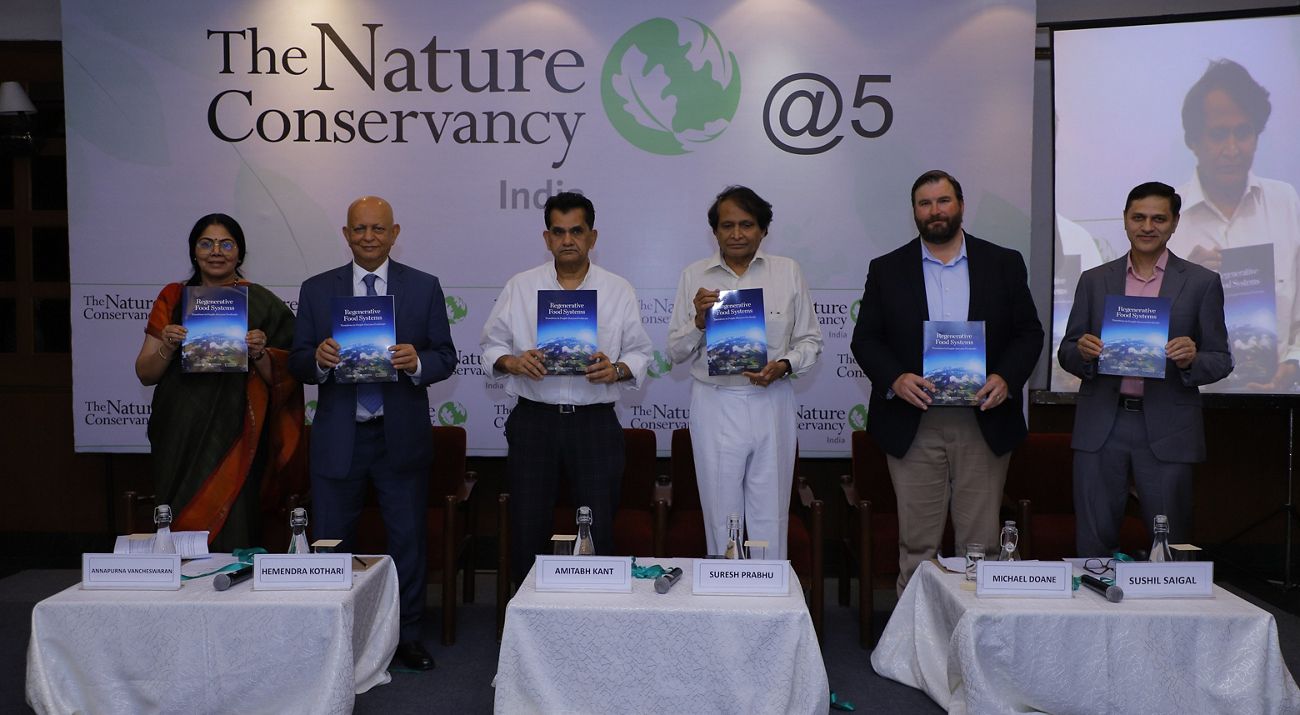TNC India Presents ‘Global Foodscapes Report – Towards Food System Transition in India’
Marks five-year presence in the country
New Delhi, 4 April 2022: Marking its fifth year of formal presence in the country The Nature Conservancy (TNC) India held a special event in New Delhi today. Suresh Prabhu, Former Union Cabinet Minister and Member of Parliament, and Amitabh Kant, Chief Executive Officer, Niti Aayog were present on the occasion.
The event saw the presentation of the TNC’s “Global Foodscapes Report: Towards Food System Transition” to the dignitaries.
In his address, Suresh Prabhu said: “I congratulate The Nature Conservancy India for achieving immense amounts of work in a short span of five years. This report on food systems is a helpful step in the right direction towards creating sustainable food systems.” “India is now an exporter of food rather than an importer,” he added.
Speaking at the event Amitabh Kant said: “I congratulate TNC India for its five-year journey in the country and wish TNC a great future in the country.”
Talking about India’s growth he said, “how India treats its land and water is crucial to its economic growth and development. I am impressed with this foodscapes report as it would help in managing food systems.”
“I applaud TNC for this path-breaking report and we at NITI Aayog look forward to collaborating with TNC India at multi-dimensional levels,” he added.
The event was attended by Hemendra Kothari, Chairman, TNC India Advisory Board and Chairman of DSP Investment Managers in India, and Michael Doane, Global Managing Director, Food and Water Systems, The Nature Conservancy.
Earlier welcoming the dignitaries Dr. Annapurna Vancheswaran, Managing Director, TNC India spoke about the organization’s journey so far saying, “the last two years have been difficult for all of us and I would like to thank all our partners and peers for their support for helping us make an impact.”
Quote: Shri. Suresh Prabhu
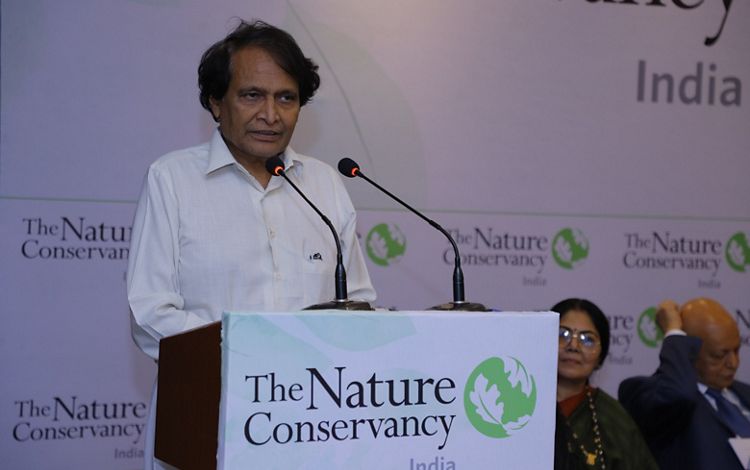
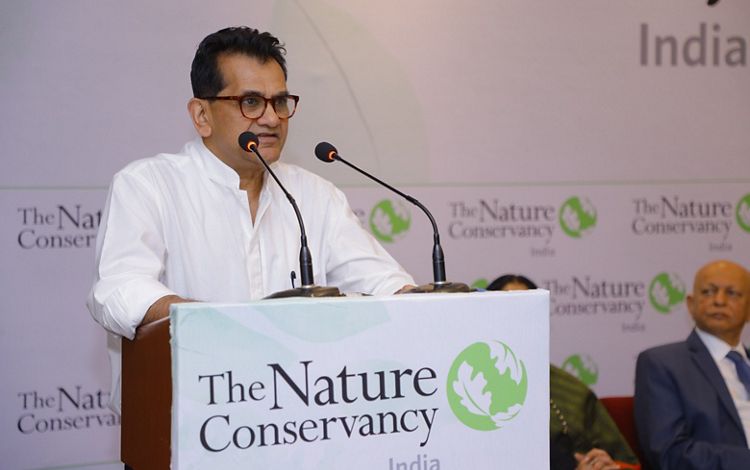
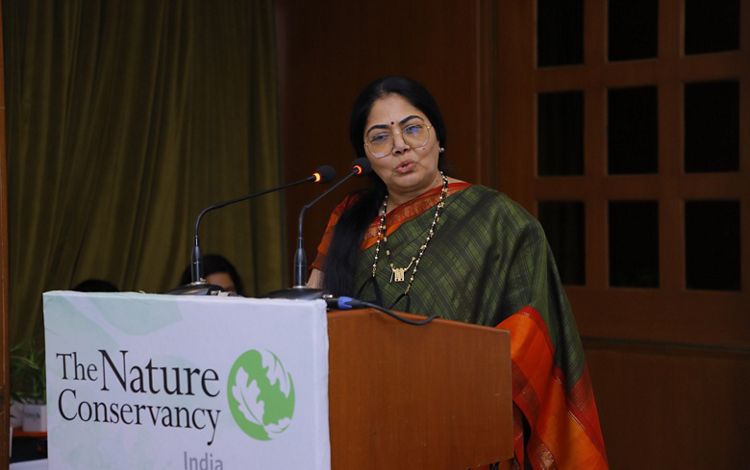
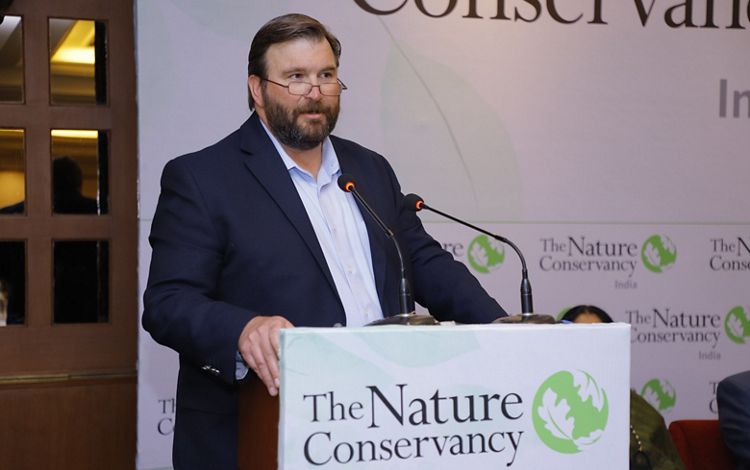
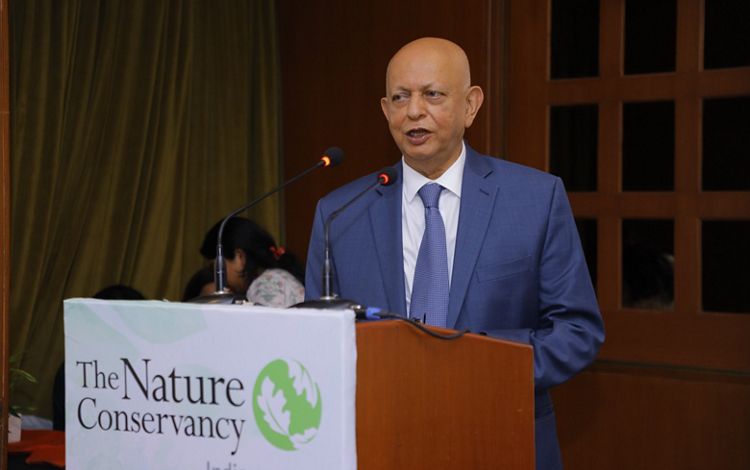
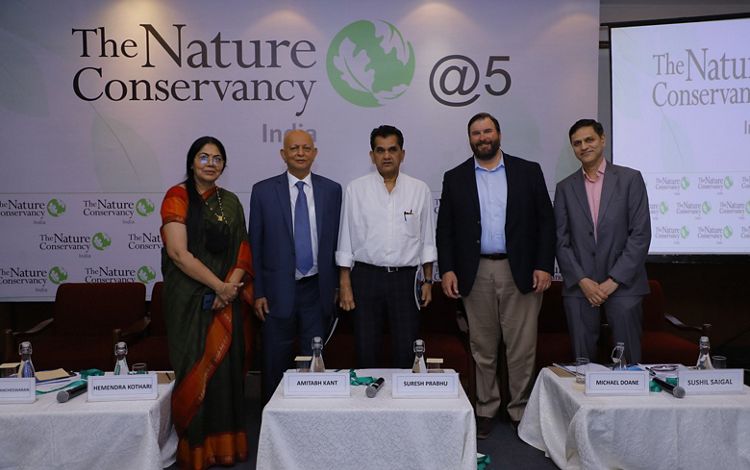
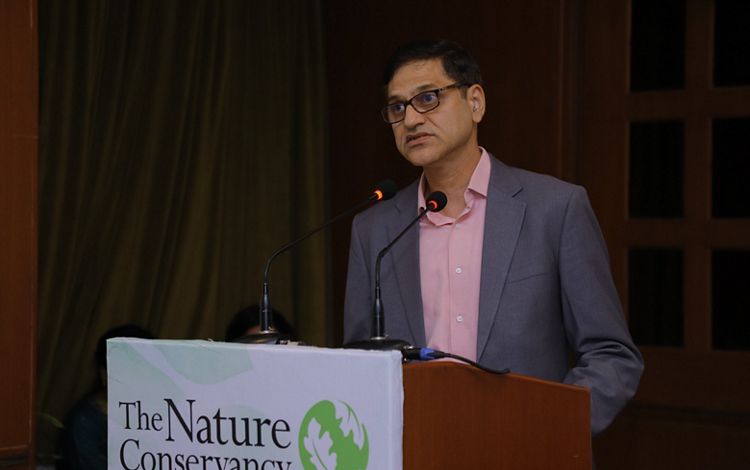
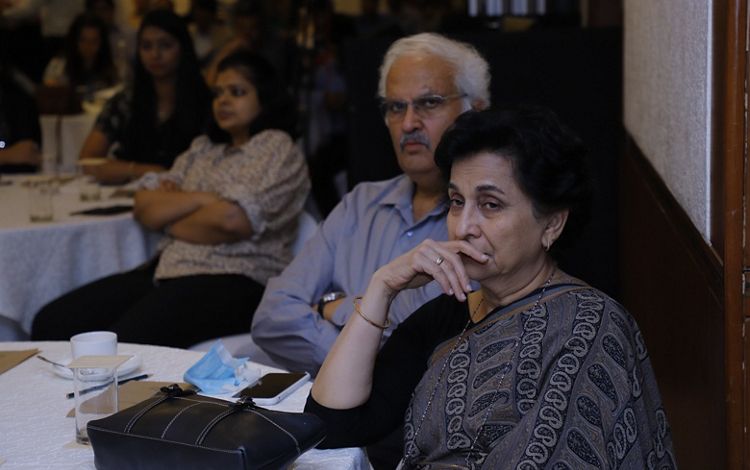
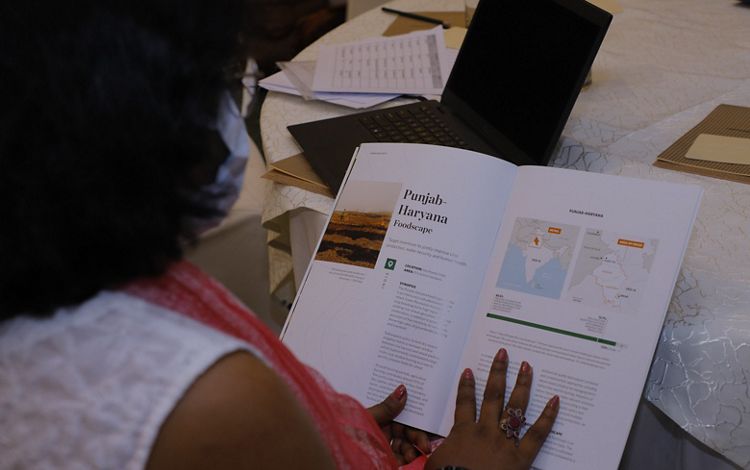
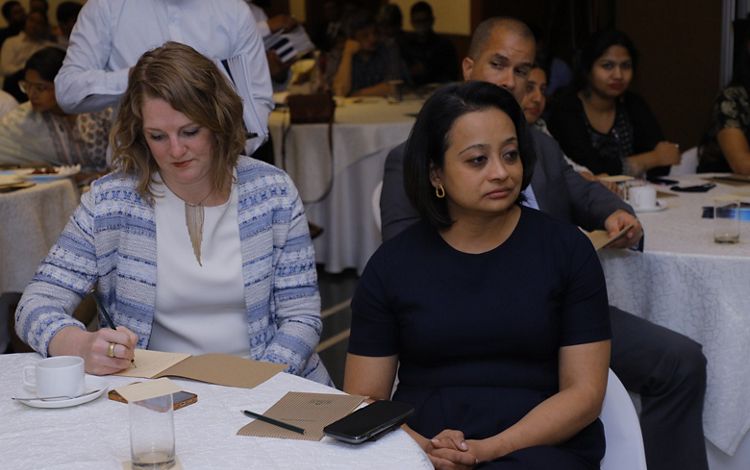
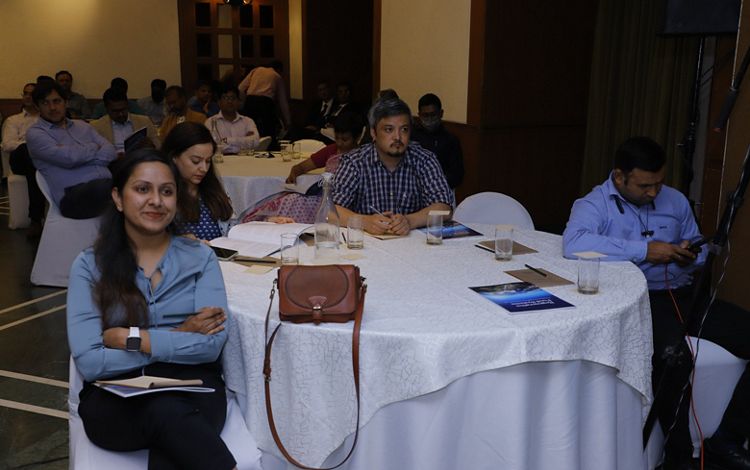
Notes to Editors:
About the report: The “Global Foodscapes Report” maps the world's foodscapes and assesses their current condition – the threats they face, and the opportunities that exist through nature-based solutions to transition to a food system able to meet demand while conserving biodiversity, rebuilding ecosystem services, mitigating climate change and increasing the resilience to weather climate change impacts.
It identifies Punjab and Haryana as one of the foodscapes in India that TNC aims to develop through its regenerative agriculture project. The two states have been identified out of the 80 foodscapes classed across the globe.
Punjab and Haryana are considered the breadbasket of India where green revolution innovations in crop breeding led to high-input, high-yielding rice-wheat agriculture which gave way to largescale crop residue burning which is a major reason leading to a rise in pollution in the Delhi-NCR region too. The report highlights solutions that could help in tackling this key issue.
About The Nature Conservancy
The Nature Conservancy is a global conservation organization dedicated to conserving the lands and waters on which all life depends. Guided by science, we create innovative, on-the-ground solutions to our world's toughest challenges so that nature and people can thrive together. We are tackling climate change, conserving lands, waters, and oceans at an unprecedented scale, providing food and water sustainably, and helping make cities more sustainable. Working in 76 countries and territories: 37 by direct conservation impact and 39 through partners, we use a collaborative approach that engages local communities, governments, the private sector, and other partners.
To learn more, visit www.nature.org/india and/or www.tncindia.in
